
Practicing Feedquestioning in Coaching
April 15, 2025By Arnoldo Arana
Experienced Learning
Real learning is experiential learning. If knowledge is not transformed into productive behavior, it is meaningless knowledge. Peter Senge says that learning is increasing capacity through experience gained by following a discipline. According to Senge himself, for the Chinese, learning means mastering the way to improve oneself. Learning is related to continuous study and practice until mastery of a specific discipline. This mastery is not achieved through simple intellectual abstraction. Learning is reflection and, at the same time, action. Biologist Humberto Maturana (quoted by Iván Darío Parra Mes) expresses it masterfully when he says that all doing is knowing, and all knowing is doing. Author and organizational consultant Stephen Covey says that knowing and not doing is actually not knowing. Learning and not practicing is not learning. In other words, understanding something but not putting it into practice is equivalent to not understanding it. Knowledge and understanding are only internalized through doing, through applying.
There is no merit in accumulating knowledge as possessions. The effort directed toward acquiring knowledge, if it is not expressed in specific actions aimed at changing, shaping, and influencing the surrounding reality, is a futile endeavor. Napoleon Hill aptly expressed it when he said that knowledge that is not used is not a factor in success. Or as Simón Rodríguez, Simón Bolívar’s mentor, so aptly put it: “Knowledge without application is vain erudition.”
Learning is experienced as a process of personal transformation.
Learning is not about accessing information. Because learning is not about having, but about being. Learning must be conceived as a process of personal transformation. If knowledge and information do not produce a change or transformation in our way of thinking (even a paradigm shift); a change in our emotions, attitudes, and motivations; if it does not affect our skills and abilities for productive work; if it does not make us producers of knowledge; if it does not affect our entrepreneurial character; if it does not enable us to apply knowledge to many new areas, then we have not learned.
Effective training aims not only to address a lack of skill and ability in a specific area. This reduces training to the teaching process. Teaching is the process of imparting instructions and knowledge with a view to helping others develop skills and abilities; it is equivalent to the task of emptying knowledge and information in an attempt to incorporate it into people’s interior. We call this process knowledge emptying. This strategy focuses on the external work environment, the competencies required by the job, or some type of external standard or norm of performance. Learning, on the other hand, is related to what is happening inside the person (maps, emotions, needs, internal obstacles, etc.). Learning focuses more on the process of developing and expressing internal forces (talents, potential, motivation). We call this process knowledge emptying. Learning focuses on the process of self-enlightenment.
Learning occurs and is relevant to a context
Learning cannot be divorced from the everyday reality in which results are produced (professional practice, work performance, community life, business or family environment). According to Senge, learning always occurs over time and in real life, not in the classroom or in training sessions. From this perspective of learning processes, effective learning occurs in the dynamics of work, responding to the needs of the moment; contextualized learning that responds to personal and organizational needs.




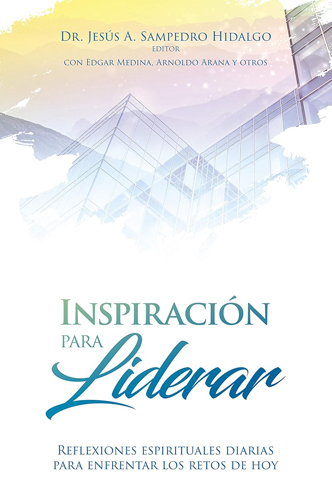 Monday through Friday is where most of the action in a leader’s life takes place; it is there where knowledge is transformed into action, energy is invested, creativity emerges, and faith is tested.
Monday through Friday is where most of the action in a leader’s life takes place; it is there where knowledge is transformed into action, energy is invested, creativity emerges, and faith is tested.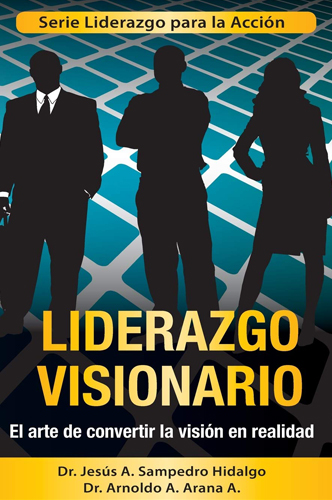 Presenta a través de siete propuestas progresivas y complementarias un análisis práctico del vital proceso para gestionar la visión como factor esencial en el ejercicio del liderazgo.
Presenta a través de siete propuestas progresivas y complementarias un análisis práctico del vital proceso para gestionar la visión como factor esencial en el ejercicio del liderazgo.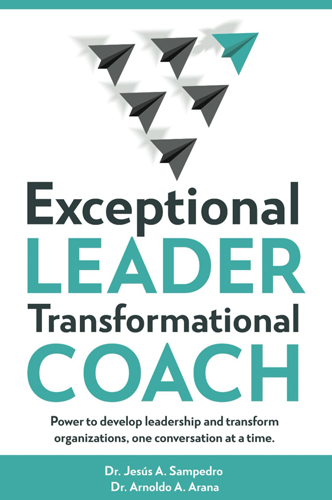 Would you like your organization’s culture to constantly ignite the empowering spark in your people, imbue them with the desire to become talent producers, and turn your supervisors and managers into agents of change?
Would you like your organization’s culture to constantly ignite the empowering spark in your people, imbue them with the desire to become talent producers, and turn your supervisors and managers into agents of change?
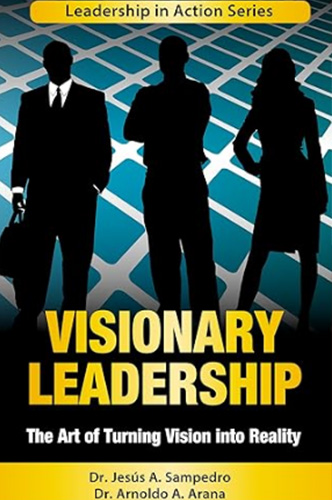 Through seven progressive and complementary proposals, it presents a practical analysis of the vital process for managing vision as an essential factor in the exercise of leadership.
Through seven progressive and complementary proposals, it presents a practical analysis of the vital process for managing vision as an essential factor in the exercise of leadership.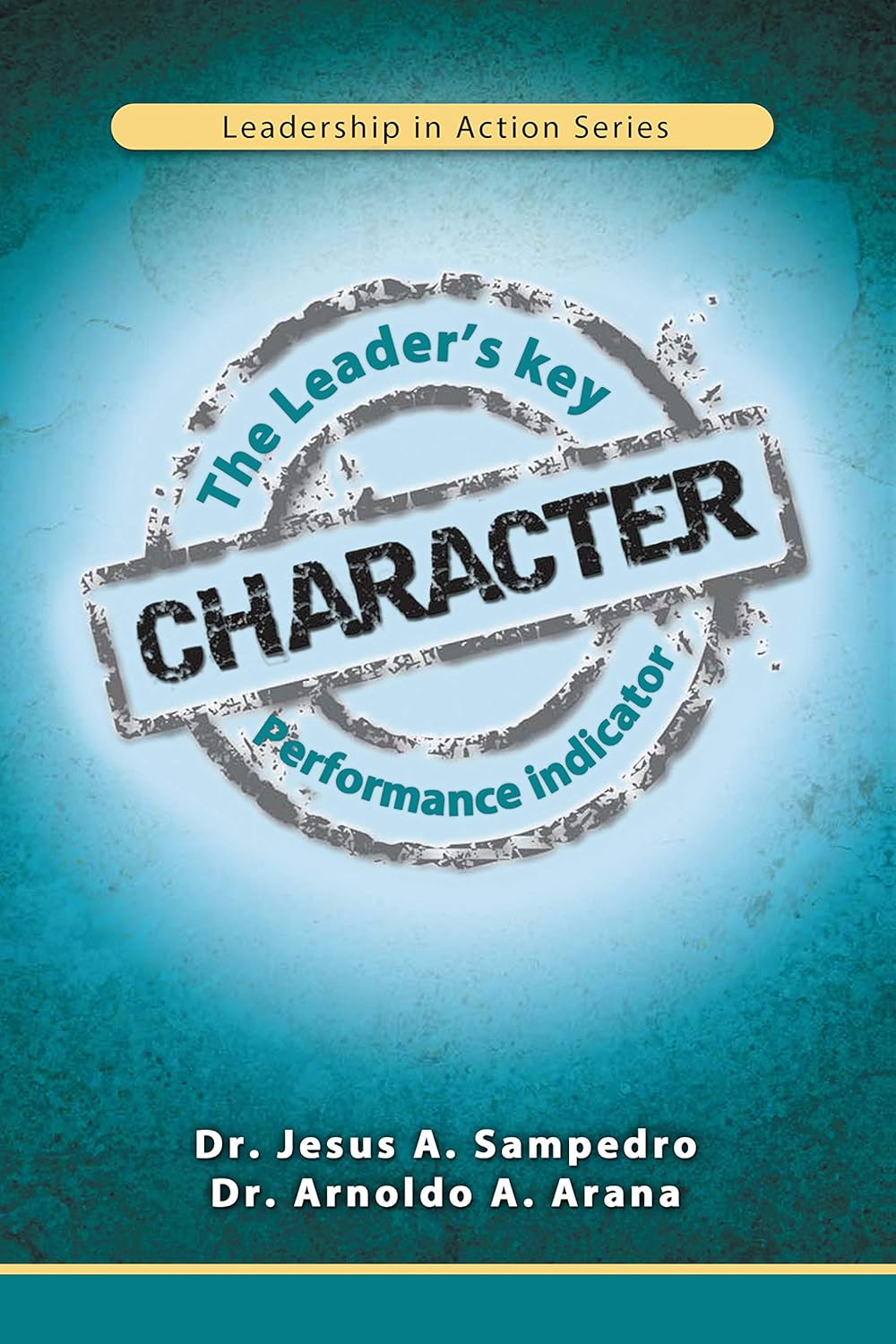 How important is it for leaders to build a mature, stable, and firm character as a foundation for their development as leaders? How important is character in the effectiveness of a leader’s management?
How important is it for leaders to build a mature, stable, and firm character as a foundation for their development as leaders? How important is character in the effectiveness of a leader’s management? This book presents values as the foundation of leadership and describes how six values:
This book presents values as the foundation of leadership and describes how six values: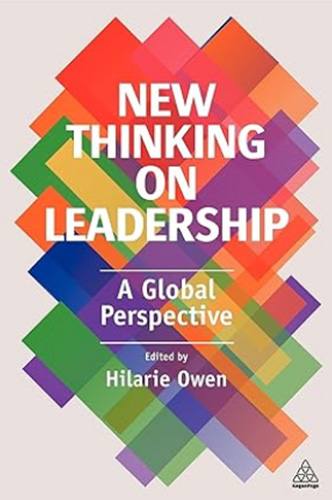 New Thinking on Leadership brings together the latest thinking from around the world to empower practitioners and academics to turn around what has been called ‘the leadership crisis’.
New Thinking on Leadership brings together the latest thinking from around the world to empower practitioners and academics to turn around what has been called ‘the leadership crisis’.
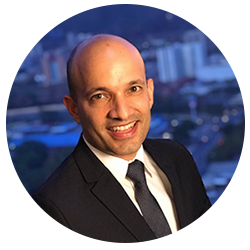
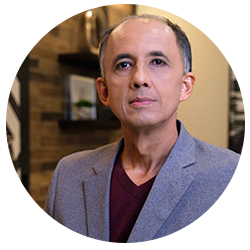
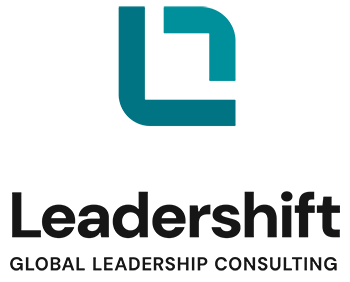
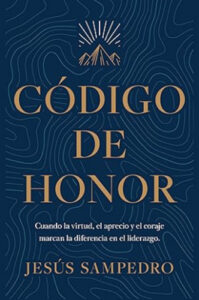 Code of honor
Code of honor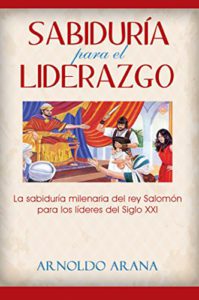 Do you want to harness King Solomon’s ancient wisdom to improve your leadership skills?
Do you want to harness King Solomon’s ancient wisdom to improve your leadership skills?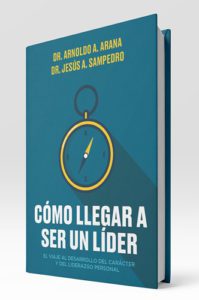 The book “How to become a leader:
The book “How to become a leader: 
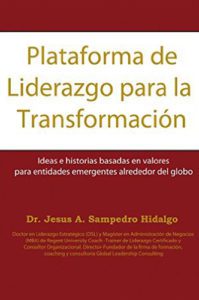 Este libro presenta los valores como fundamento del liderazgo y describe cómo seis valores:
Este libro presenta los valores como fundamento del liderazgo y describe cómo seis valores: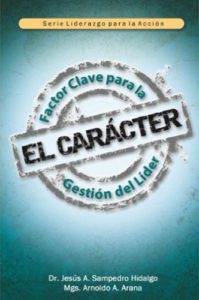 ¿Qué tan prioritario es para los líderes construir un carácter maduro, estable y firme como base para su desarrollo como líder? ¿Cuál es el peso del carácter en la efectividad de la gestión del líder?
¿Qué tan prioritario es para los líderes construir un carácter maduro, estable y firme como base para su desarrollo como líder? ¿Cuál es el peso del carácter en la efectividad de la gestión del líder?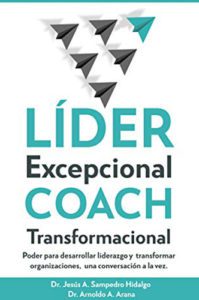 ¿Le gustaría que la cultura de su organización encienda constantemente la chispa empoderadora de su gente, les impregne con anhelos de convertirse en reproductores de talentos, y convierta a sus supervisores y gerentes en agentes de cambio?
¿Le gustaría que la cultura de su organización encienda constantemente la chispa empoderadora de su gente, les impregne con anhelos de convertirse en reproductores de talentos, y convierta a sus supervisores y gerentes en agentes de cambio?